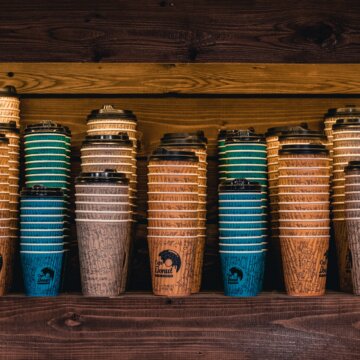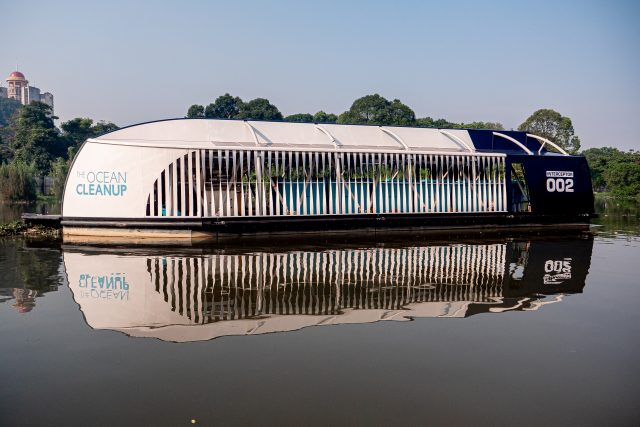- About
- Topics
- Picks
- Audio
- Story
- In-Depth
- Opinion
- News
- Donate
- Signup for our newsletterOur Editors' Best Picks.Send
Read, Debate: Engage.
| topic: | Climate action |
|---|---|
| located: | Korea, South |
| editor: | Hailey Jo |
The smell as you breathe in that first scent of brew, followed by the delight at the whimsical design on the foam; and then, the zing as your taste buds and your body wake up to the delicious oomph of coffee. South Koreans are known for their love of coffee. The country has one of the highest densities of coffee shops per capita in the world, according to the World Coffee Portal. Korean adults drank more than 350 cups of coffee on average in 2018, almost three times the global average. Despite the pandemic and supply chain disruptions that ensued, the country’s coffee imports increased last year and surpassed KRW 1 trillion ($7.7 billion) for the first time – almost a quarter increase from the previous year.
Yet, this is not the only reason why the Korean government is set to roll out a mandatory charge on takeaway coffee cups this coming December. The regulation is also aimed to alleviate the Covid-induced waste crisis. The country saw an average of 55,000 tonnes of waste produced per day, a record high amount and an uptick of 8.8 percent from 2019.
Of household waste, plastic waste jumped almost 18 percent during the same period. Local authorities point to surging dependence on single-use plastic food containers and plastic packaging as more and more people shop online and order out for food. Korea’s online retail sales grew more than 20 percent year-over-year last year to nearly KRW 193 trillion, the highest since records began, leading to mountains of shipping boxes delivered to homes across the country.
Last September, Korea’s Ministry of Environment announced a series of policy initiatives to reduce waste, recover resources and ultimately move towards a circular economy. Among them was the ‘takeaway coffee cup deposit’ scheme where an extra fee of KRW 300 ($0.20) is charged for disposable cups, either plastic or paper, at the point of sale as a deposit, which is refundable to consumers who return the used cups. The new measure will apply to food and beverage franchises with at least 100 locations that altogether sell 2.3 billion to-go cups a year, according to the ministry’s estimate.
The launch has been pushed back a few times, however, after facing a strong backlash from shop owners as well as due to a resurgence of Covid-19 outbreaks. Now slated for the December launch, it remains to be seen to what degree the new policy can actually solve surging waste problems. Critics say the legislation is hastily written and the deposit system is not well thought out, resulting in low cup recovery rates. Shop owners worry that it could lead to higher operational costs due to additional labour. The government believes unreturned deposits will be enough to compensate for the additional costs incurred by the owners.
But a big question mark hanging above all this is whether 20 cents will truly incentivise people to bring their own cup in their everyday lives, and thus mark a true shift towards a sustainable economy.
Photo by Ashkan Forouzani

